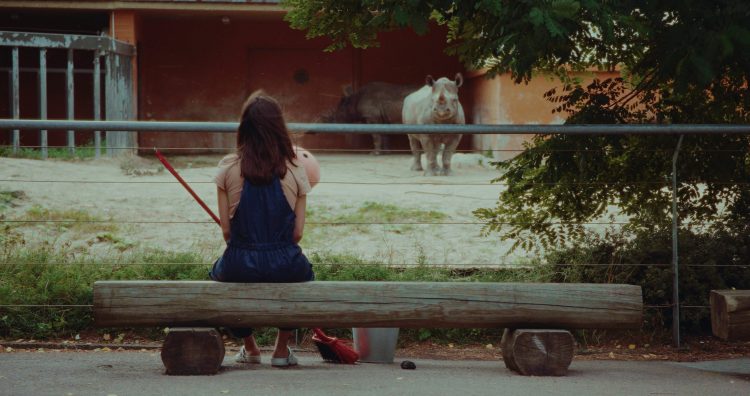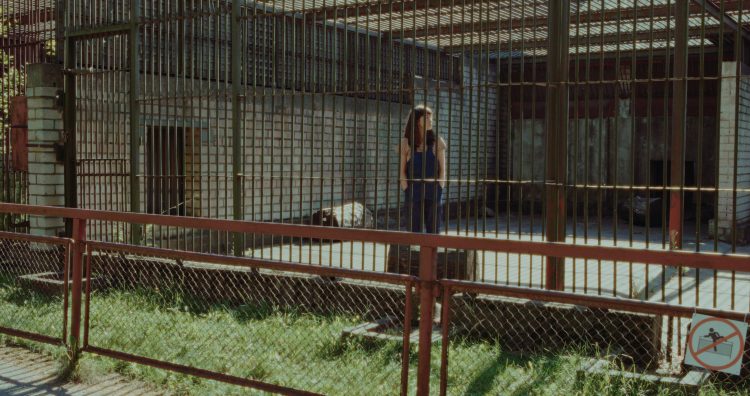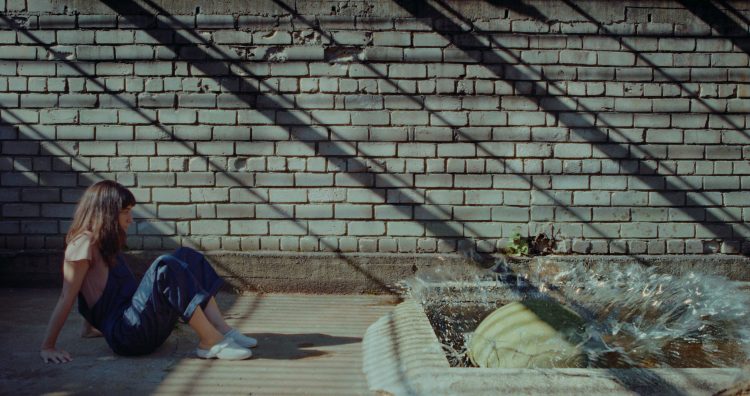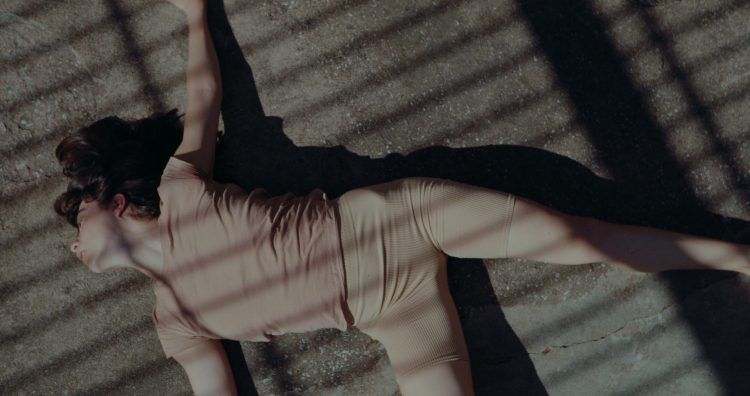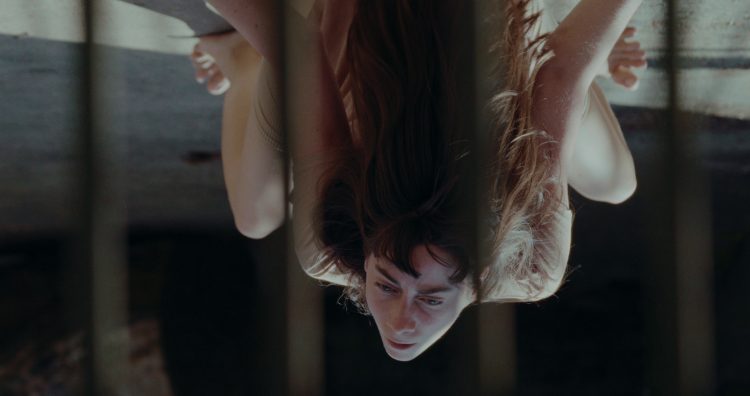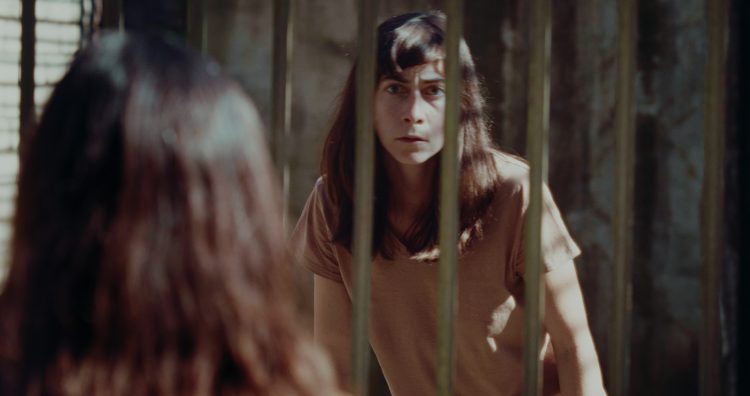Shelter / an Orchidelirium trilogy film
Combining choreographic performance with documentary footage, Shelter offers a commentary on colonial legacies. The film is set in a post-Soviet zoo environment and the performer embodies a female zoo worker accidentally locked in a cage and transformed into a wild animal. Paying intense attention to the passing of time, the film follows the stages of her metamorphosis. In this process, the erotic tension becomes a tool of resistance to the visitors’ gaze, challenging the hierarchy of perspectives.
The post-Soviet setting of the zoo connects the discomfort of the visitors to the more general reluctance of the Eastern Europeans to admit their post-colonial heritage. As such, the zoo comments not only the continuity of colonial displays, but also the changes. In the colonial age, zoos displaying exotic animals became a place for performing and presenting colonial empires to the Europeans. Today, zoos have become the last shelters for many of those animals that are now on the verge of extinction, as their original habitats in the former European colonies have been destroyed due to environmental change, but even more so due to the extractivism and exploitation of the global south of the neo-colonial age.
*
Shelter is an episode of Kristina Norman’s Orchidelirium film trilogy.
Commissioned for the Estonian Pavilion at the 59th International Art Exhibition – La Biennale di Venezia.
*
Kristina Norman’s Orchidelirium film trilogy offers multiple ways to reflect on the legacies of colonialism. Investigating forgotten connections between Eastern Europe and the global south, it relates to the post-Socialist countries’ often uncomfortable rediscovery of their colonial history. The trilogy departs from research on an Estonian couple, Emilie and Andres Saal who end up as members of the colonial administration and elite in the Dutch colony in Indonesia in the late nineteenth century. Working with the Saals’ life stories and archives, Norman is intrigued by the conversion of the colonized into the colonizer and the hybrid identities resulting from this, full of controversies and tensions. Thus from a more global perspective her films also speak about the anxious relations between the colonial elites and the colonial subjects, and the ever-present afterlife of those liaisons. Including acts by three performance artists, the films explore the longing for privilege and abundance, as well as the environmental effect of these desires on the invisible consumption of human labour and non-human animals, plants, soil and water in the age of the Anthropocene. Being first and foremost interested in the contemporaneity of colonial past, the films explore the workings of neo-colonialism in the age of accelerating crisis, but also hint towards the possibility of resistance.
*
Author and Director: Kristina Norman
Choreographer and Lead Cast: Teresa Silva
Cinematographer: Erik Norkroos
Composer: Märt-Matis Lill
Advisors: Linda Kaljundi and Ulrike Plath
Curator: Corina Apostol
Producer: Erik Norkroos
Assistant Director: Meelis Muhu
Editing: Erik Norkroos
Colour Grading: Max Golomidov
Graphic Design: Laura Pappa
Studio Recording and Mix: Tammo Sumera
Musician: Vambola Krigul (percussion)
Supporting Cast: Bita Razavi
Production Assistance: Sten Ojavee and Sirli Oot
Technical Assistance: Aleksei Zaitsev
*
Produced by Rühm Pluss Null
in collaboration with CCA Estonia
